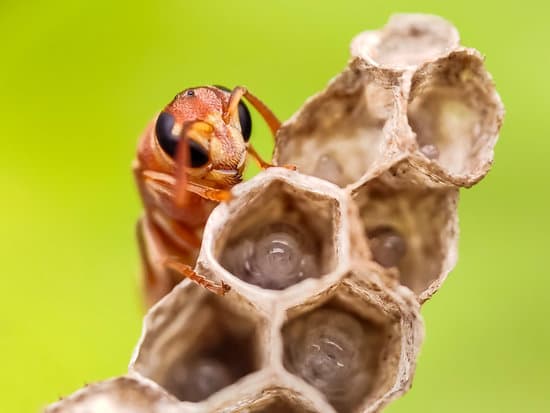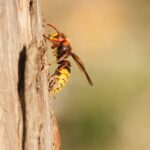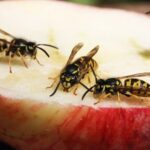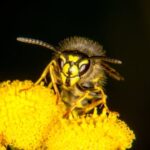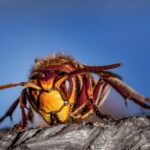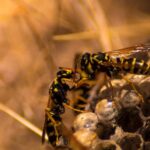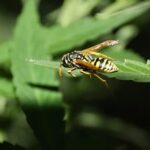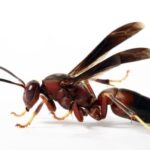Where Do Wasps Fit in the Ecosystem?
Whether they’re scavengers, pollinators, parasites, predators, or colonial predators, wasps play an important role in maintaining a healthy ecosystem. They play a role in ecosystem regulation, food webs, and pest control. However, their popularity is not what it once was.
There are approximately 110,000 species of wasps in the world, with a growing number of species waiting to be discovered. Wasps are a crucial part of the ecosystem, as they are at the top of the invertebrate food chain. These insect predators help regulate insect populations and prevent insect populations from growing too large.
Many species of wasps, especially social wasps, can kill vast numbers of insects. In the UK alone, social wasps capture 14 million kilograms of insect prey each summer. Social wasps live in colonies with a queen and a large number of workers. The workers feed the queen, and the queen is responsible for laying eggs.
Social wasps can control pests, capturing greenfly, spiders, and caterpillars, and transferring pollen when they visit flowers. Social wasps also have complex social interactions. These interactions can affect the populations of many other insect species.
Unlike bees, which are specialized pollinators, wasps are generalist predators. This type of predator rarely wipes out a single species. However, it can be a major threat to biodiversity, especially in agricultural ecosystems.
One group of wasps, called aculeate wasps, can act as predators and parasites. They are known for impacting arthropod populations in natural ecosystems, as well as on agricultural and farmed crops.
